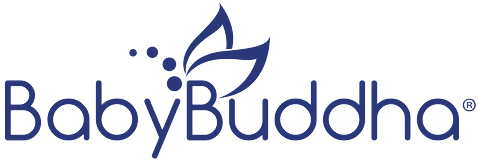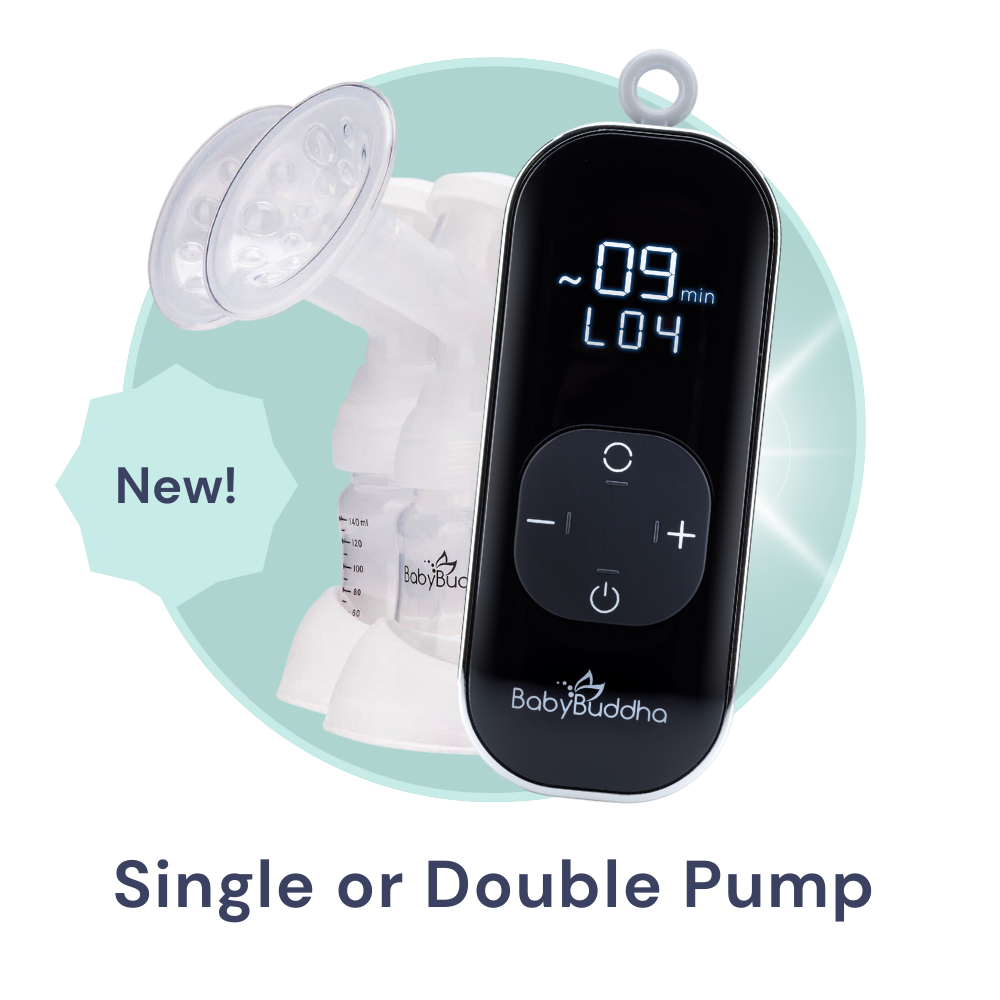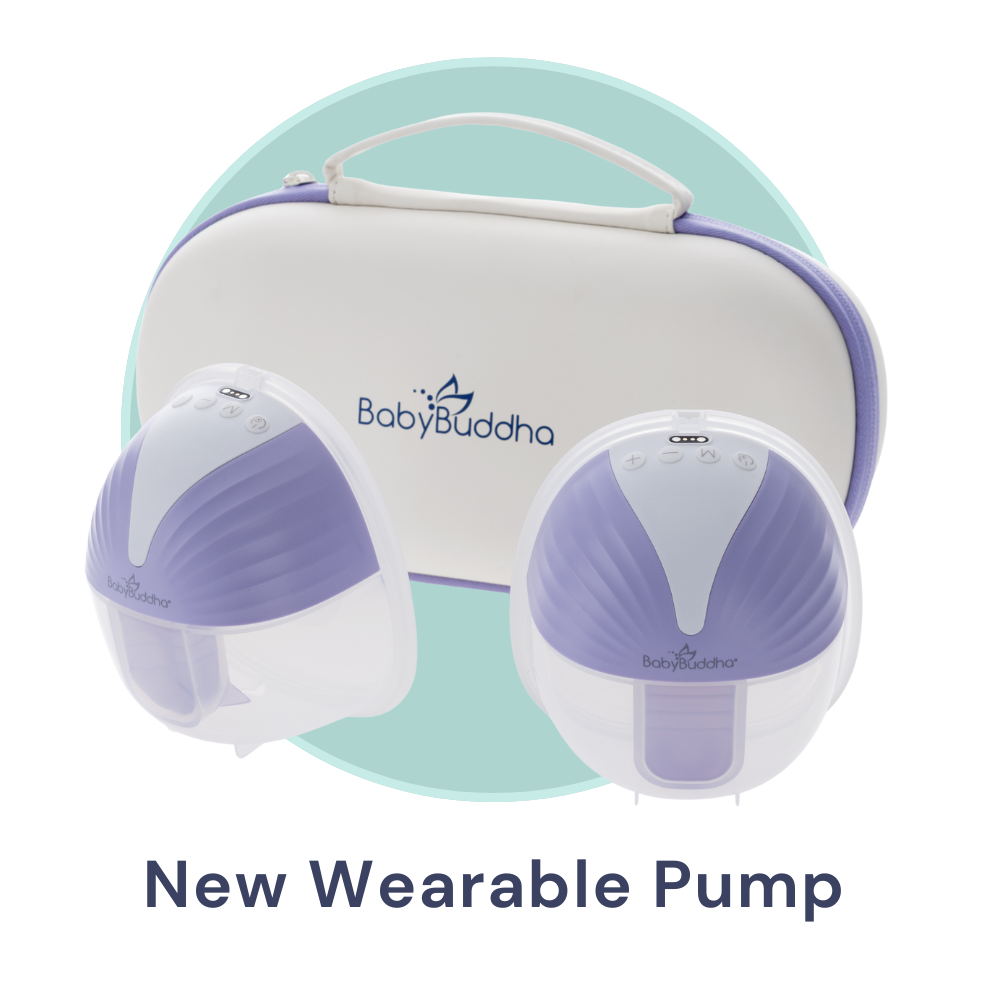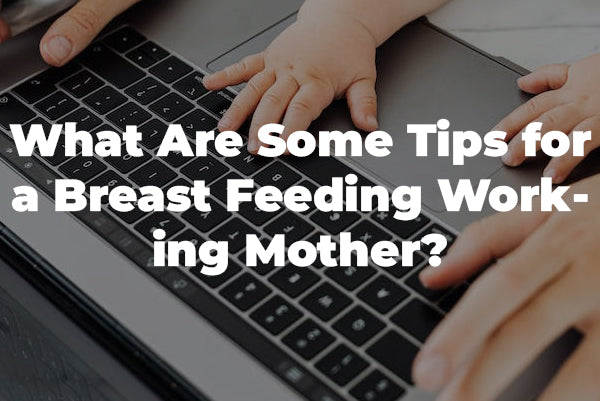When you’re breastfeeding, it can be alarming to experience a sudden drop in breast milk supply. This can cause many new moms anxiety and fear that they have a low milk supply.
While some women experience a low milk supply, with some assistance, many mothers are able to produce the amount their baby needs. Keep in mind that some milk is better than none. So, if you supplement with formula for whatever reason, a little breast milk can still have a big impact.
That being said, there are reasons your milk production can dip lower than you would typically expect it to be. This is a normal part of postpartum” You’re far from alone! Many moms experience the ebbs and flows of milk supply.
As always, we encourage you to talk with your healthcare provider or a lactation consultant if you are experiencing any of these issues and they are causing a milk supply drop.
Here are nine reasons for a sudden decrease in breast milk supply:
1. Improper Latch
Your baby’s latch on your nipple and breast while breastfeeding is vital to ensuring that your body stays on the up and up with breast milk production. A poor latch can mean your baby is not getting enough milk or fully emptying your breast during a nursing session. The breast not being drained properly will signal your body to make less milk.
One side effect of a poor latch is pain for nursing moms. If you find that breastfeeding is particularly painful, check on your little one’s latch and see if it needs adjusting.
Some reasons for a poor latch include an untreated tongue tie, a cleft palate, poor breastfeeding positioning, and more.
Here are some things to keep an eye out for that show your baby has a good latch:
- A normal-shaped nipple when you remove your baby from your breast. (Flat or misshapen nipples might suggest a poor latch.)
- You don’t hear smacking or clicking noises while your baby is nursing.
- You can hear them swallowing.
- You can see their tongue if you gently pull down on their bottom lip.
- Your baby seems satisfied when the nursing session is over. This can look like falling asleep while nursing, “falling” off the breast, or having open hands instead of tightly clenched ones.
Working with a lactation consultant is one of the best ways to resolve a poor latch situation. Don’t forget that you get access to a lactation consultant free with your BabyBuddha Pump Kit.
2. Poor Diet and Nutrition

Did you know that, on average, a breastfeeding (or pumping) mom should be consuming an additional 330 to 400 calories a day? This number is slightly different for each woman based on certain factors, but in general, you need more calories than when you’re not breastfeeding to ensure your body has enough energy to produce breast milk.
Some things to focus on:
- Protein
- Fruits and Vegetables
- Dairy (unless your little one has a milk allergy)
- Foods rich in vitamin D, dietary fiber, potassium, and calcium
- Folate-rich foods such as leafy green vegetables and beans
If you are not getting enough of these nutrients and others, it could cause a drop in your milk supply.
3. Lack of Hydration
Staying hydrated is absolutely essential to making enough breast milk to support your growing baby. Breastfeeding mothers should drink about 16 cups of water per day. The early weeks are especially important for hydration in pregnancy as your body creates colostrum which then turns to mature breast milk.
Hydration is critical for several other areas of motherhood, including mental health and energy levels, and supporting your body through the hormonal changes you have coming your way.
If you have trouble drinking enough water, consider jazzing it up by adding some lemon, lime, cucumber, strawberries, or other fruit. Be careful not to add peppermint to water, though, as this can decrease breast milk.
4. Not Breastfeeding or Pumping Often Enough
The answer to your milk supply drop may be that you are not expressing milk in one of these ways often enough. It is recommended that moms breastfeed eight to 12 times a day and about ten to 12 pumping sessions a day, if exclusively pumping.
Milk production is very much supply and demand. The more often your baby nurses or you pump, the more your body will know to create milk. Your baby will go through periods where they may want to eat very often and periods where they don’t.
Lack of stimulation is also a factor here. Consider using a lactation massager to help with milk flow. You can also massage your breasts by hand in the shower and hand express some milk to tell your body to keep making more.
You can also consider power pumping. This is one excellent way to increase your milk supply. You can do this whether breastfeeding and pumping — occasionally or exclusively.
Power pumping is when you pump for 20 minutes, take a ten-minute rest, pump for ten minutes, take a ten-minute rest, and then pump for a final ten minutes. This should help encourage your body to meet the demand.
5. Dropping a Feeding or a Change in Schedule

Changes in schedule or dropping a feeding can often lead to a drop in milk supply. This is normal, but there are ways to combat it. The two most common changes that lead to this are that your baby starts sleeping through the night or you go back to work at the end of your maternity leave.
If your baby has started sleeping through the night, you may be excited that it means you get some extra sleep too! However, you may want to consider still getting up once overnight and using your breast pump to replace the nighttime feeding.
Expressing milk from your breasts overnight, even when your baby is sleeping, can help your body to increase milk production. It can also help to prevent clogged milk ducts which can lead to mastitis as well as prevent feelings of engorgement.
When you return to work after your maternity leave, another major schedule shift happens. Whenever possible, pump at work as often as you’d nurse your baby at home. This helps keep your supply up to its normal levels.
6. Ignoring Baby’s Hunger Cues
An adult can tell you when they’re hungry using words. A baby, however, has several other hunger cues that they use to communicate to us that they are ready to eat.
Some of these cues to look out for in your infant are:
- Turning head towards breast or bottle
- Clenching their hands
- Smacking their lips
- Trying to “eat” their hands
- Crying (usually a late hunger cue)
As soon as your baby starts showing any of these signs, offer them the breast as soon as possible. If you ignore these hunger cues for too long, not only will you have a fussy baby, but you might see a dip in your milk supply because you are no longer “feeding on demand.”
For exclusively pumping moms, a good rule of thumb is to respond to these hunger cues with a bottle and then pump right after. This could help your body recognize the supply and demand that is surrounded by your little one’s hunger cues.
7. Stress and Lack of Sleep
There is no doubt that motherhood is stressful. In the beginning days of being a mom, several things could bring you undue stress. Wanting to be sure your baby is eating enough, worried that they are growing ok, worried that they are sleeping well, accepting visitors to see the new baby, the list is endless.
Be gentle to yourself and try to set some boundaries during those early days because stress is a significant factor in milk production. Stress raises the levels in your body of certain hormones like cortisol which can drastically deplete your milk supply, and it can happen fairly quickly.
Find some ways to reduce your stress in early motherhood. Take a hot shower, get a (doctor-approved) postnatal massage, and don’t be afraid to ask for help when you need it. Lack of sleep and stress are also aggravators of postpartum depression which affects about 15 percent of women.
While it may seem counter-productive to tell a new mom that getting enough sleep is important, it is a very true statement. Sleep is essential for overall health, and stress can also lead to a lack of sleep, just as a lack of sleep can lead to stress. They tend to be one and the same.
Try to take naps when your baby does, or consider asking your partner or another helper to take a night feeding. This can give you a little bit more precious sleep to help you feel more refreshed. When you feel refreshed and relaxed, hormones should be more regular, and your body can use that energy to continue producing milk.
8. Starting Solid Foods
Around six months of age, your baby might be ready to start eating solid foods. This is a very exciting time, but it can definitely cause some changes to your breast milk supply.
As your baby starts eating more and more solid foods, they will likely start nursing less. Since breast milk production is supply and demand, less frequent nursing tends to translate to a dip in the mother’s milk supply.
If you’d like to try and keep your supply up where it was before your baby started solid foods, you can add a couple of pumping sessions to your day to aid in keeping up the supply.
9. Medical or Health Issues
There are some medical or health reasons to consider that may be causing a low milk supply:
- Birth control, while usually safe to use while breastfeeding, can cause a dip in milk supply. This becomes especially true when hormonal birth control (such as birth control pills) is combined with other elements that affect milk supply, such as stress, not feeding often, or poor diet and nutrition.
- Severe postpartum bleeding
- Treatment with magnesium sulfate for high blood pressure, preeclampsia, postpartum preeclampsia, or preterm labor.
- Smoking
- Diabetes
- High Blood Pressure
- Obesity
These are a few of the health or medical factors that could be affecting your milk supply. We encourage you to speak with your healthcare provider if you feel that any of these things are affecting your milk supply.
Final Thoughts

Although there are a lot of common causes for a sudden drop in milk supply among breastfeeding moms and pumping moms alike, for most of them, there are simple solutions and changes that can be made.
Remember, as long as your baby regularly has wet diapers, has a healthy weight gain, and seems happy after feeding, they are likely getting enough milk. Remember that it is just as important to take care of yourself as it is to take care of your baby!
We at BabyBuddha are here to support you in any way that we can. Chat with our specialists anytime, and check out our entire resource collection for more information!
Sources:
Signs Your Child is Hungry or Full | CDC
Birth Control and Breastfeeding | HealthyChildren.org
Low Milk Supply | Children’s Hospital of Philadelphia (CHOP)
Postpartum Depression: Causes, Symptoms & Treatment | Cleveland Clinic








